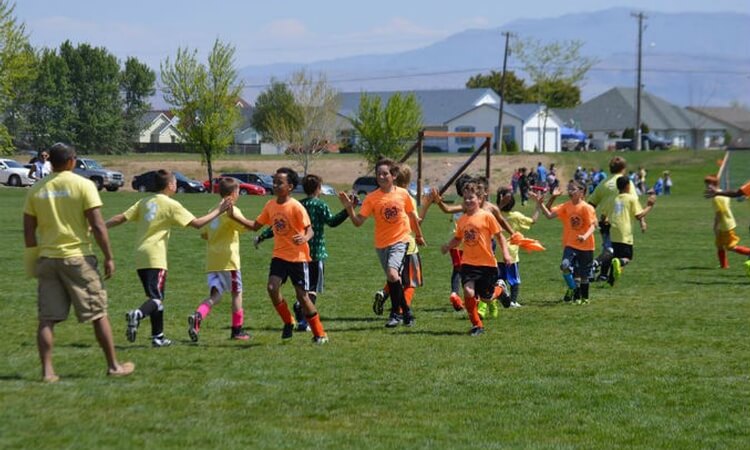Identity is important for everyone, especially young athletes.
But how are you viewing your young athlete?
“Are we looking at them with a single form identity?” asks Dr. Samantha O’Connell, former athlete and sports psychologist for the Integrated Center for Child Development (ICCD). “Athletes are more than just runners and basketball players. Sports are not only about winning and losing. We should be thinking about athletes as broader, more layered individuals, and praising them for their accomplishments.”
Parents and coaches are positioned to guide young athletes and help them embrace their athletic identity, which can be beneficial to a child’s success throughout their athletic career.
“We have the ability to build morale from these young, scrappy and resilient behaviors so many young athletes portray,” O’Connell says. “Parents and coaches can control what they say to an athlete. It is important that we see them as a whole individual and support them in good and bad times. What is said to a young athlete can directly impact how they feel about themselves and can affect their ability to be resilient in the face of loss.”
Here are some additional tips for handling athletic identity:
- Help youngsters refocus: Look at small wins that will help your team be successful during a game, and all season. “We can’t control the outcome,” O’Connell says. “But we can control the moment.”
- Help athletes improve their skills: Besides focusing on sports skills O’Connell suggests working on things like team nutrition with young athletes.
- Work toward specific goals: Dial in on what the team can accomplish together that will make it successful the entire season, O’Connell says.

